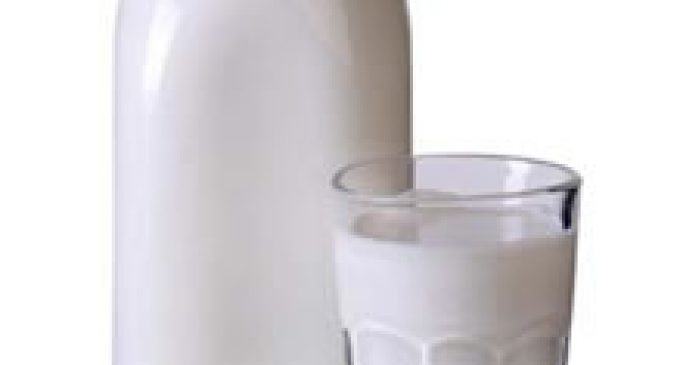Oculer to save €200m a year for dairy industry

Oculer’s new technology cuts lead times for identifying thermoduric bacteria from 72 to 24 hours, saving up to €200m ($219m) a year for dairy industry, says the company.
Oculer is an Irish company that specializes in delivering thermoduric bacteria detection technologies to the world’s dairy industry.
Oculer’s solution to dairy processors features an integrated automated “early-warning” feature, where raw milk coming into the production cycle can be identified as containing unacceptable levels of thermoduric bacteria in the fastest possible time, according to Brian Byrne, CEO of Oculer.
The capabilities of the new technology include the precise measurement of thermoduric bacteria in both raw and pasteurized milk, Byrne said.
Thermoduric bacteria are naturally occurring microorganisms whose spores are resistant to heat and chemical treatments. As a consequence, the bacteria are not eliminated by the pasteurization process that’s normally used by dairy processors to sanitize raw milk, Byrne said.
However, Byrne said this type of bacteria is not normally harmful to human health, but they accelerate spoilage and tainting of dairy products, and can dramatically reduce their shelf life.
“As in many countries around the globe, when test results indicate a high incidence of thermoduric bacteria in their raw milk collections, Irish farmers suffer penalty deductions from the payments they receive from dairy processors,” Byrne said. “This unwelcome deduction comes at a time when world prices are already depressing farm incomes.”
Dairy processors are using agar to test milk for its thermoduric bacteria currently, he added, “Which is slow, laborious and costly. Most importantly however, it is inherently imprecise and open to subjective error.”
“Not only does the physical constitution of milk vary from farm to farm, and from season to season – but also by different geographical locations and climates. The microorganisms that thrive within raw milk can also vary substantially depending on the environment and other characterization factors.”
“However, Oculer overcame those difficulties by first establishing the reliability of the assay to determining results using laboratory strains of various thermoduric bacteria in a stable medium, such as UHT milk”, he added.
“The financial cost of thermoduric bacteria to dairy producers is estimated to run into hundreds of millions of euros annually in Ireland alone, arising from milk or milk products that must be either destroyed or re-processed due to untimely and inaccurate identification of thermoduric bacteria”, Byrne said.
With Oculer’s new technology, ‘Mere will be a substantial reduction in operating costs for dairy producers, with lower laboratory costs and an associated environmentally favorable reduction in laboratory waste,” he said.
Byrne believes that the global microbiology testing industry will undoubtedly undergo a fundamental overhaul in the years ahead. With the consequential economic impact on all stages of the dairy industry, its clear that a rapid and robust system for the detection and analysis of thermoduric bacteria is required, he said.
“Farmer lobby groups and tighter regulation will inevitably impose greater pressures on dairy producers to account for deductions in a more uniform and transparent manner,” Byrne added.
In the New Year, Milk Test New Zealand, an independent laboratory that carries out thermoduric bacteria testing for over 97% of the New Zealand dairy industry, is scheduled to receive a system in Hamilton for trials.
Byrne added, “touter will continue to work with industry leaders around the world in order to develop new microbiological test methods.”

































